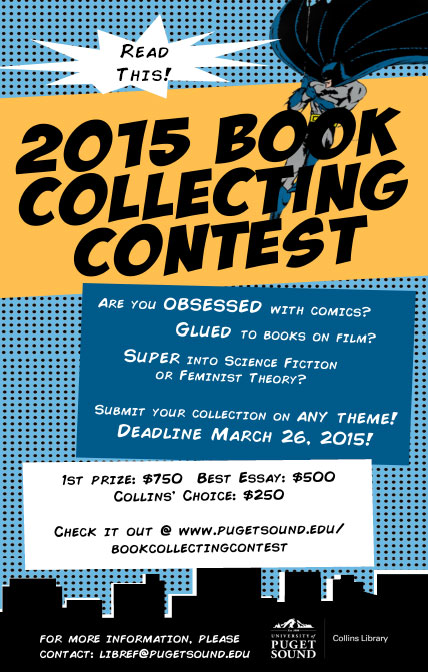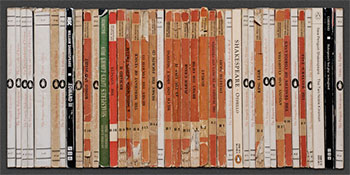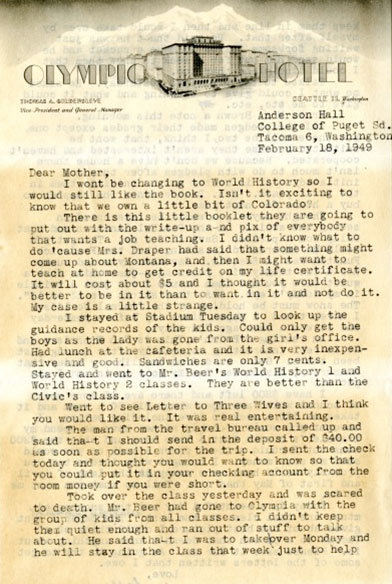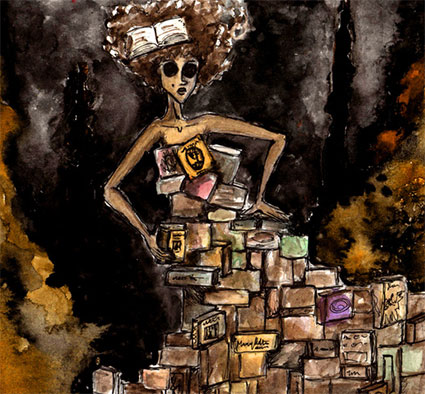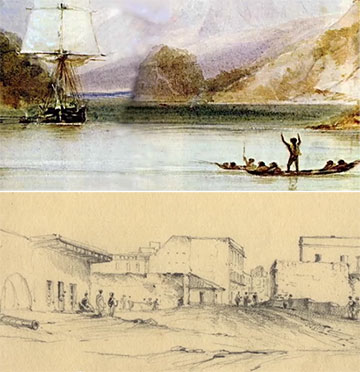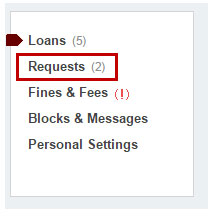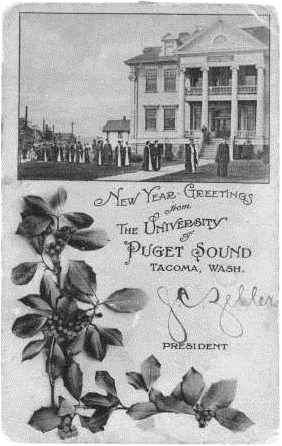 January 27th, 2015 was the 315th anniversary of a tsunami that struck the shores of Japan. Detailed historical records from the time indicated high waves in several locations around Japan, but with additional confusing note: there was no record of the ground shaking from a corresponding earthquake. How could there be a tsunami without a quake?
January 27th, 2015 was the 315th anniversary of a tsunami that struck the shores of Japan. Detailed historical records from the time indicated high waves in several locations around Japan, but with additional confusing note: there was no record of the ground shaking from a corresponding earthquake. How could there be a tsunami without a quake?
Painstaking research done by geologists, historians, and paleoseismologists over the past several decades has unraveled this mystery. The tsunami was the result of a massive magnitude 9.0 earthquake in the Pacific Northwest, the time of which can be pinpointed to January 26th, 1700 at approximately 9pm: about 10 hours before the large waves began to be recorded across the Pacific Ocean in Japan.
Thanks to the work being done by researchers and scientists, much more is known now about the huge earthquakes which periodically erupt along the Cascadia Subduction Zone, an 800-mile long area off the coast of Northern California through Southern British Columbia where a massive earthquake fault exists between two tectonic plates. Collins library offers up a number of resources for learning more about these quakes.
The University of Washington geologist Brian Atwater wrote up his findings in the book The Orphan Tsunami of 1700, published the University of Washington Press in 2005. In 2013, local journalist Sandi Doughton, science writer for the Seattle Times, published a book called Full Rip 9.0, a fascinating and accessible account of how the evidence for these historical megaquakes was found, as well as a sobering account of the earthquake preparedness (or lack thereof) in the Pacific Northwest region. Robert Yeats, a professor emeritus of geology at Oregon State University, has also published several books about earthquakes in general and the Cascadia Subduction Zone in particular, including a comprehensive and scientific survey of active earthquake faults worldwide, Active Faults of the World, and the more locally-focused Living with Earthquakes in the Pacific Northwest.
After reading up on the history and future of huge earthquakes in the Pacific Northwest, you may want to head to the website of the Earthquakes Hazard Program, which provides data for recent and significant earthquakes around the world. More locally, the Cascadia Region Earthquake Workgroup has created a Cascadia Subduction Zone Magnitude 9.0 scenario (opens as a pdf). This document lays out in clear language the details of one of these enormous quake, the likely resulting damages, and the options for predicting and preparing for such an event.
It’s not a matter of ‘if’ one of these major seismic events will strike the Northwest, but ‘when.’ The average time between magnitude 9 quakes along the Cascadia Subduction zone is about 500 years, but can be as little as 100-300 years. The recent observance of the 315th anniversary of the last giant quake is an important reminder that it’s time to start preparing for the next one.
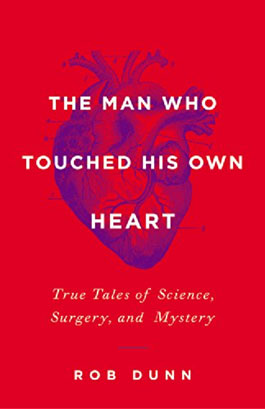 Thought of as the seat of our soul, the heart is still more a mystery than it is understood. The Man Who Touched His Own Heart tells the history of the heart, from the first heart “explorers” who dug up cadavers and plumbed their hearts’ chambers to heart transplants and the latest medical efforts to prolong our hearts’ lives. The author’ readable and engrossing style will answer questions you did not even think to ask!
Thought of as the seat of our soul, the heart is still more a mystery than it is understood. The Man Who Touched His Own Heart tells the history of the heart, from the first heart “explorers” who dug up cadavers and plumbed their hearts’ chambers to heart transplants and the latest medical efforts to prolong our hearts’ lives. The author’ readable and engrossing style will answer questions you did not even think to ask!
